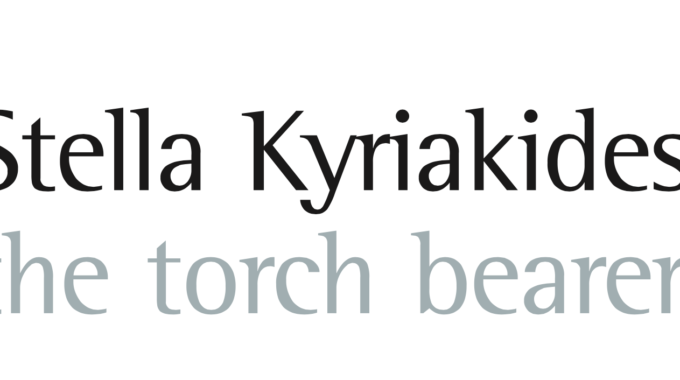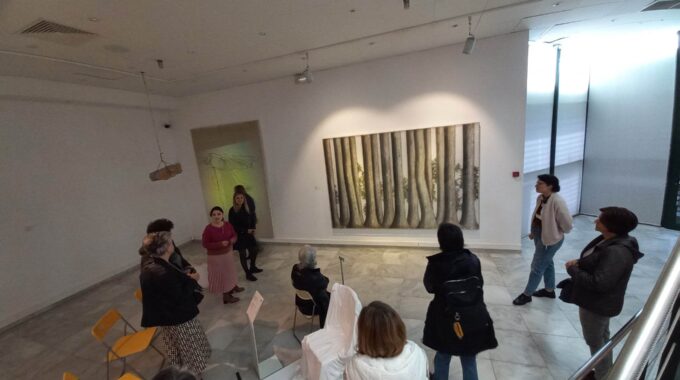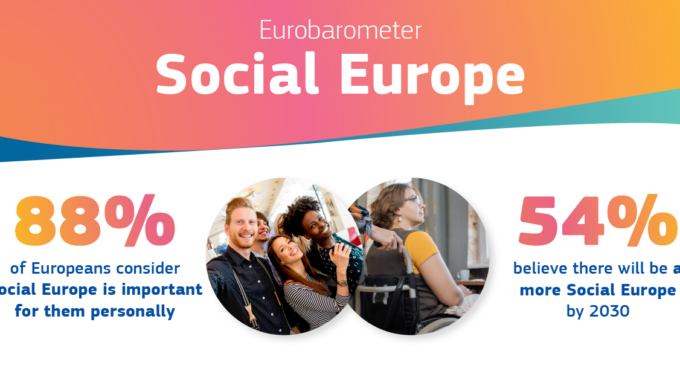
Stella Kyriakides’ nomination puts patient advocate in top EU health post
A professional patient advocate is set to take charge of the Commission’s health department.
Stella Kyriakides, 63, is a breast cancer patient, the daughter of a breast cancer patient, and a past president of the Continent’s most prominent breast cancer patient group: Europa Donna. A medical psychologist, she’s also proven to be a savvy and sympathetic political operator, according to people who’ve seen her in action in the Cypriot parliament.
Her nomination as the next European Commissioner for health may represent a reversal of fortune for patient organizations, who have felt snubbed in Brussels despite the increasing use of buzzwords like “patient-centered care.”
“Of course, she was also a patient so she knows exactly what it’s like to be a patient for chronic disease,” said Marios Kouloumas, president of the Pancyprian Federation of Patients Associations and Friends. “So she’s very supportive, she’s very open minded.”
Commission President-elect Ursula von der Leyen gave Kyriakides a set of politically charged priorities on Tuesday, including ensuring the “supply of affordable medicines” and improving communications on vaccines amid a wave of misinformation and skepticism. It will also be up to Kyriakides to break through a stalemate over health technology assessment, as a powerful minority of member countries continue to rebel against the Commission’s insistence on mandatory uptake of joint scientific reports.
The head of the European Patients’ Forum cheered the nomination of “someone who has direct experience of working with the patient advocacy community and who has a track record of having brought together the patient, clinical and health policy perspectives.” The umbrella organization “hopes that her experience and knowledge will help to ensure that health forms a central part of the new Commission’s agenda and that the patient perspective is central to how that agenda is delivered,” said Executive Director Usman Khan.
Running a sprawling administrative bureaucracy isn’t on Kyriakides’ CV. But she has experienced firsthand the challenge of getting member countries to embrace health initiatives originating in Brussels. During her tenure as Europa Donna’s president, from 2004 to 2006, capitals showed resistance to instituting the European Parliament’s resolution on breast cancer, which included new standards for screening and treatment. So she instituted a training program for advocates around the Continent, teaching them both the science of breast cancer and the craft of lobbying.
She’s also proven deft at charming ideological adversaries. A member of the Cypriot parliament since 2006, Kyriakides is the vice president of the center-right Democratic Rally party and close to President Nicos Anastasiades. But she is “well accepted from all the people from across all the parties,” Kouloumas said. As a local political gossip column put it, she’s something of a “Mother Theresa” figure who helps others but is relatively apolitical.
For Brussels’ beleaguered patient organizations, her legislative record offers some encouragement. They’ve faced some roadblocks over the past year: the Parliament’s latest position essentially shuts them out of the health technology assessmnet (HTA) process, and there were no patient representatives included on the panel of experts tasked with shaping the cancer mission under Horizon Europe.
This type of snub isn’t an issue for Cypriot patient groups. According to Kouloumas, Kyriakides played a pivotal role in creating the Pancyprian Federation of Patient Associations, an umbrella organization with more than a dozen members. Then she pushed through legislation requiring government departments to consult with the federation on every issue related to patients and health, Kouloumas said.
“It’s fine to ask for a seat at the table, but your emotion can only get you so far,” Kyriakides told Cancer World in 2005. “You’re in danger of being seen as a breast cancer patient talking about your personal experience, and that’s not the point. We have to put forward an educated and responsible voice.”
Kyriakides has deep personal experience with breast cancer herself. On her 40th birthday, she found a lump in her breast. Despite the fact that breast cancer killed her mother, doctors were skeptical that it was malignant. But it was, and she had to travel to the U.K. for radiology. The cancer came back again in 2004, not long after she took the helm of Europa Donna.
She told Cancer World that her decision to study psychology may stem from “living through the experience of my mother’s breast cancer during adolescence, and wanting to learn more about how people function.” Her mother died of the disease while Kyriakides was pursuing her masters in child maladjustment at the University of Manchester.
Now a mother of two herself, Kyriakides will also be charged with putting forward “Europe’s Beating Cancer Plan,” perhaps the top health-related component of the European People’s Party’s platform ahead of May’s European Parliament election.





